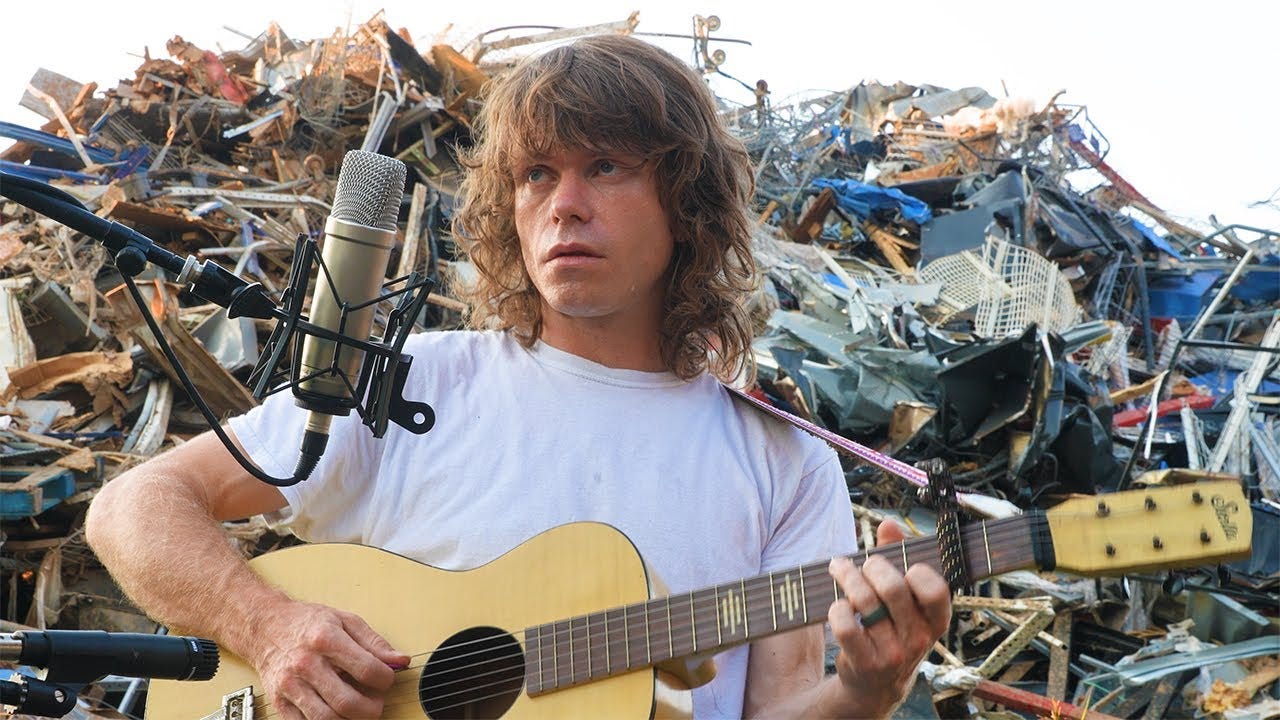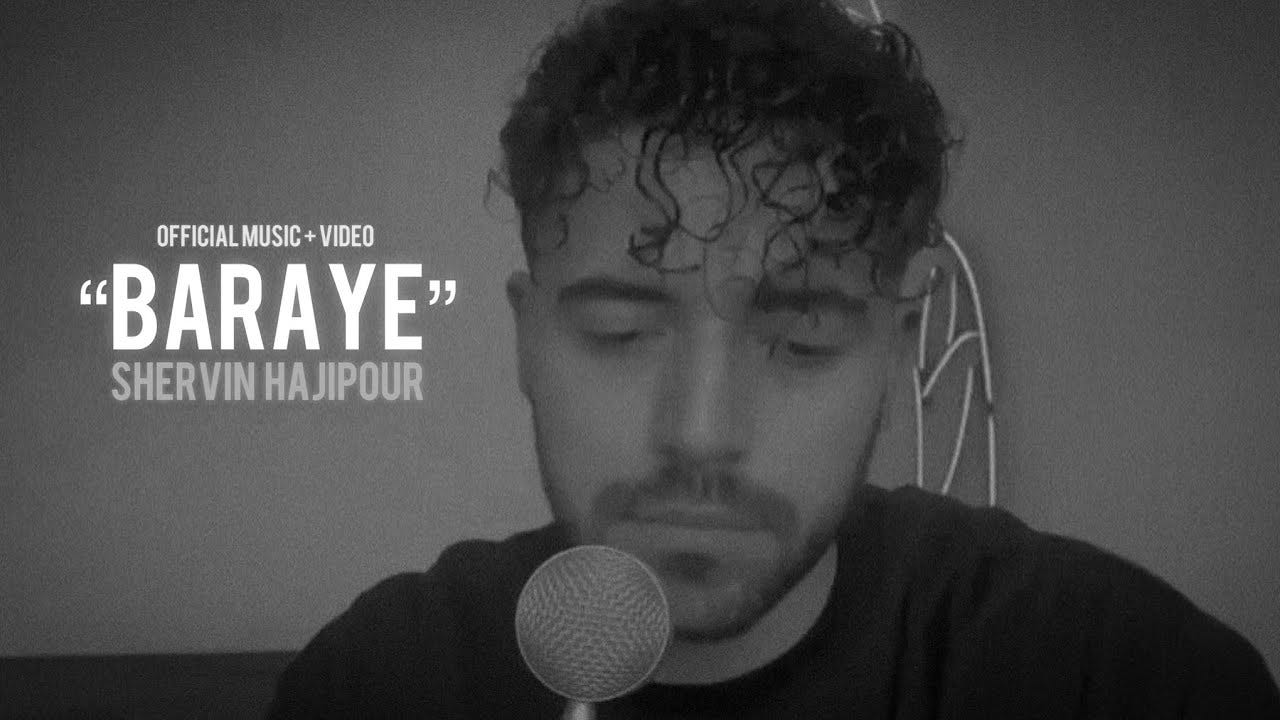Timely Protest Songs: The Great Caucasian God & More. . .
Recent Bombshell Offerings by Jesse Welles
“You fasten all the triggers
For the others to fire
Then you sit back and watch
While the death count gets higher
You hide in your mansion
While the young peoples' blood
Flows out of their bodies
And is buried in the mud”
—Bob Dylan, "Masters of War," (1963)“Drums are drizzling on a grain of sand
Fading rhythms of a fading land
Prove your courage in the proud parade
Trust your leaders where mistakes are almost never made” —Phil Ochs, “The War is Over” (1968)"Wargasm
Trespassing the debtor
Wargasm
The more premature, the better"
—The Blanks, unreleased "Wargasm," (1990)
Perhaps the protest song is as old as the fall of Jericho, circa 1500 BCE.
According to Old Testament myth, a week of blaring horns, continuous shouting and constant marching around the world’s oldest known fortress allegedly made its walls crumble down on the seventh day.
Art as an attack force.
Disturbingly, almost all the enemy inhabitants were then slaughtered by the determined Israeli forces, according to “God’s Law” (Joshua 6: 1-27).
Not exactly a timely Biblical message. Jericho burned completely to the ground, serving as a belated archeological discovery some 3,500 years later.
Thankfully, since then, most grass-roots political art and music has generally favored non-violent resistance.
Perhaps the mass acclaim of protest music peaked either with Neil Young’s “Ohio” in the summer of 1970 or with the Clash in the early 1980s, as noted in my admittedly cynical review of the diminished genre two years ago.
.
My essay and book review, originally published in the Fifth Estate, lamented the fall and marginalization of the protest song, its glaring absence especially troubling throughout much of the extensive Black Lives Matter protests May-September, 2020.
Still, recent material from the increasingly popular 30-year-old Jesse Welles suggests a surprising if tentative resurgence in this long tradition of the topical song. With hearty echoes of John Prine and Loudon Wainwright III, while looking like a confident Jim Morrison, Welles almost seems one step ahead of the current zeitgeist.
As Lead Belly once hauntingly sang1, Goin’ tell you all about (it). . . .
Hailing from northwest Arkansas, one would assume the stereotype of the redneck MAGA-verse would be too dominant for such an alternative voice to blossom, let alone make a celebrated appearance on late night corporate TV (Jimmy Kimmel Show) singing his mordant “The Poor” just two months prior.
As the song faded with the sarcastic line, “If you worked a little harder you’d have more,” the jump to the commercial break covered over the audience’s applause hesitation.
Just this week Welles posted two new ditties, the caustic “Sometimes You Bomb Iran” and the even more sardonic, “The Great Caucasian God,” a sort of blistering sequel to “War Isn’t Murder,” one of his most viewed YouTube videos (over 1.8 million).
Standing with acoustic guitar beneath a wooded power-line clearing he begins:
Upon a missile road the Lord roaring justice is the sword He was melting off the faces of the damned You have heard of Noah's flood that tale will pale against the blood pouring out and boiling in uranium sands
While my personal tastes tend to favor a more buzzsaw confrontational approach (such as Dylan’s “Masters of War” or Gang of 4’s “He’d Send in the Army”), Welles’s searingly dead-pan satire may be just what the times require, to upstage the MAGA playbook and outflank the media attraction to, say, “stealthy B-2 bombers.”
Incidentally, when did killing become “stealthy?”
His best works seem to evoke the profound cleverness of Phil Ochs’s “Draft Dodger Rag” and Country Joe and the Fish’s “I-Feel-Like-I’m-Fixin’-to-Die Rag,” without such an obvious target as military conscription. At age 30, he’s not too young to tour extensively on his own terms, if he so desires.
His dedication to his craft does not seem interested in trying to get a Grammy nomination for the new category of “Best Song for Social Change.”
As with many flavors of the month, the commercial world may eventually devour him and his timely significance, yet he seems way too clear-headed to tragically end up like folk stars Ochs, Gram Parsons and Nick Drake. He even seems to anticipate a certain potential grief with his atypically mournful “I Ain’t Got None of My Friends Left (They All Vanished in the Stream).”
I’m posting two samples here, including his still relevant take on United Health.
Ultimately, you decide if his sly renderings are motivational or only offerings smirking with amusement.
Either way, powerful protest music may be making a comeback during such dire times.
Jesse Welles & the Great Caucasian God
Jesse Welles sprung to online prominence a year ago with his scathing “War Isn’t Murder.” He continues to dead-pan some of the best satirical protest, typically for over half a million views per song on YouTube, usually with simple yet subtly related backdrops.
Shervin Hajipour’s “Baraye,” a widely popular protest song against Iran’s morality police with the brutal detainment and death of 22-year-old Mahsa Amini, led to Hajipour’s temporary arrest, pardon and ongoing censorship since 2022.
His special song prompted the Grammy Awards to finally (reluctantly?) create an unusual category, “Best Song for Social Change,” in 2023.
Still a favorite protest album, song and LP cover by the late great Phil Ochs in 1965.
P.S. Temporary hyperbole as a desperate measure of empathy can sometimes work as well, as demonstrated in the link from the relentless output of veteran topical troubadour, David Rovics.
One of his latest recordings about the ongoing genocide in Gaza skips the sarcasm for a solemn reflection into the grim future.
An inference asked by Welles and Rovics:
Is there time left for an inspired listen, where we then contemplate how to actively turn around this massive ship of state, before it’s too late for us all?
Or are we just collectively whistling past a mass graveyard?
David Rovics & As We Watched a Million Children Die








Reminds me of early Dylan and others. I played a lot of Barry Mcguire and eve of destruction back then Thks for your enlightenment.